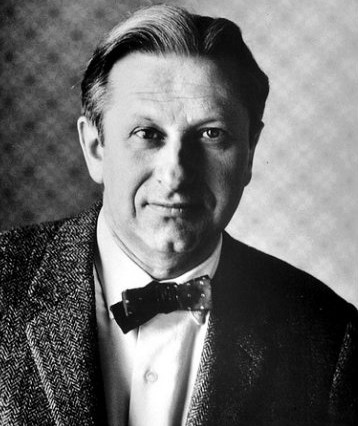Introduction
Born to a Russian Jewish family, Louis “Studs” Terkel (1912–2008) grew up meeting people from all walks of life at his parents’ boarding house in Chicago. After graduating from the University of Chicago Law School in 1934, Terkel worked a series of odd jobs before getting his start in radio as a member of the Work Progress Administration’s Federal Writers’ Project. Beginning in 1952, he hosted a long-running radio program in Chicago for which he conducted daily interviews. In 1957, Terkel published his first book—a collection of interviews and stories about the Jazz Age—and followed with a series of oral histories about America, including accounts of the Depression, World War II, race relations, the American dream, and aging. Working: People Talk about What They Do All Day and How They Feel about What They Do, from which this excerpted selection is drawn, was an immediate bestseller when it was first published (1974).
In this excerpt, Carl Murray Bates, a stonemason, reflects on the lasting impact of his work. From what in his work does Mr. Bates derive satisfaction? What other kinds of work, besides building with stone, offer similar satisfactions? Would you like to have a job in which “a year later . . . you don’t know what you’ve done”? What is Mr. Bates talking about when he mentions “immortality as far as we’re concerned”? What has work to do with “immortality”?



Post a Comment